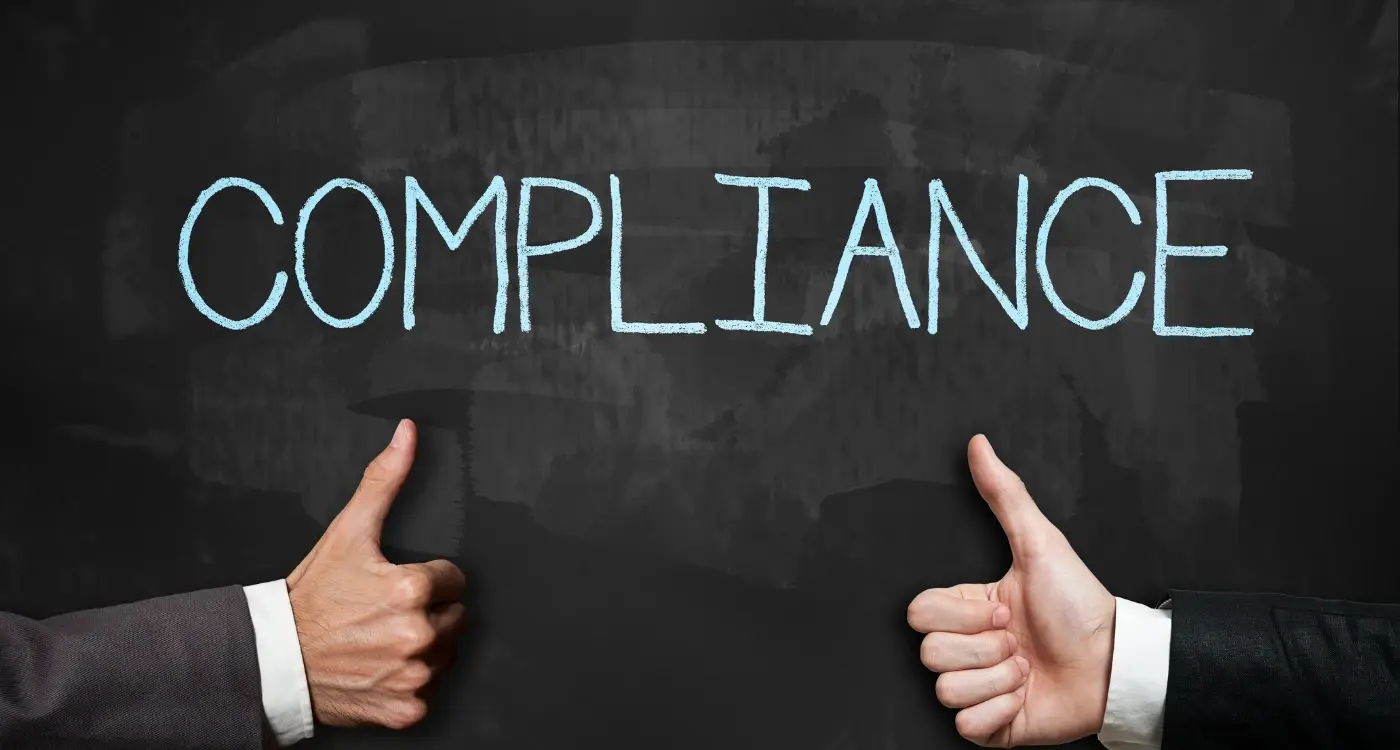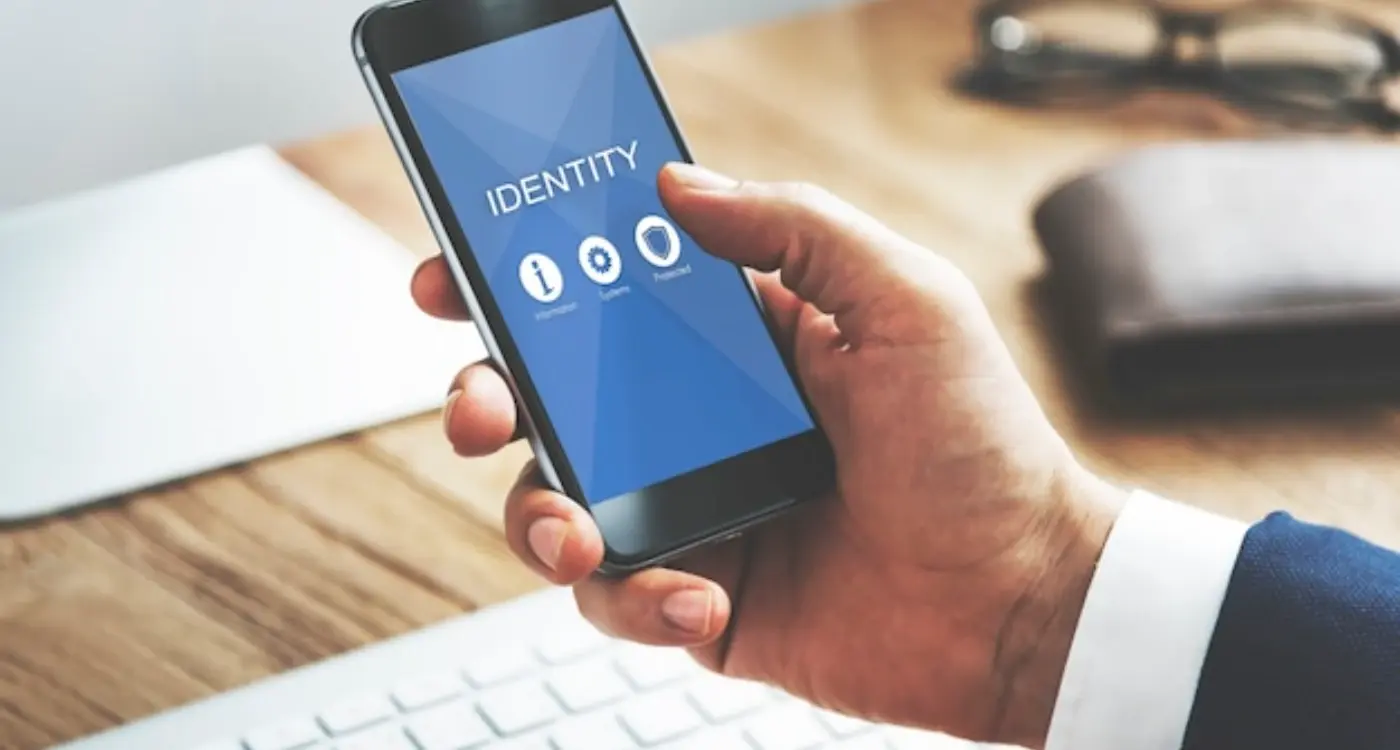Can I Copy Another App's Terms Of Service For My Own?
Every day, thousands of app developers around the world face the same tempting shortcut: copying another app's terms of service instead of creating their own. It seems logical—after all, legal documents for mobile apps often cover similar ground, and crafting original copyright-protected content from scratch feels like reinventing the wheel. But here's what most developers don't realise: this seemingly harmless copy-paste approach can land you in serious legal trouble.
Terms of service aren't just generic templates you can borrow from successful apps. They're carefully crafted legal documents that protect specific businesses in specific ways. When you copy someone else's terms, you're not just risking copyright infringement—you're potentially leaving your own app completely unprotected.
The legal framework that protects one mobile app might expose another to significant liability
I've worked with countless developers who thought they were being smart by copying terms from apps they admired. The reality is that each app operates differently, collects different data, and faces unique legal challenges. What works for a social media platform won't necessarily protect a fitness tracking app or an e-commerce mobile app. Understanding why original legal documents matter—and how to create them properly—could save you from costly mistakes that many developers only discover when it's too late.
Understanding Legal Documents and Copyright
Legal documents for mobile apps work differently than you might expect. When someone writes terms of service, privacy policies, or user agreements, they automatically own the copyright to those words—just like owning a book or a song. This means you can't simply copy and paste another app's legal text without permission.
Copyright law protects the specific way ideas are expressed, not the ideas themselves. So whilst many apps need similar legal protections, the exact wording belongs to whoever wrote it first. Think of it like this: two people can write about the same topic, but they can't use each other's exact words without permission.
What Makes Legal Documents Unique
Every app operates differently, which means their legal documents must reflect their specific business model. The terms that work for a photo-sharing app won't necessarily work for a food delivery service. Here's what makes each app's legal documents unique:
- Different data collection practices
- Varying payment structures and refund policies
- Unique user interaction features
- Different geographical markets and regulations
- Specific liability concerns for each industry
Even if you legally could copy someone else's terms, they probably wouldn't fit your app's actual functionality. You'd end up with legal documents that don't protect your business properly—or worse, create legal problems you never anticipated.
The Risks of Copying Terms of Service
I've seen plenty of people think they can just copy and paste another app's terms of service and call it a day. Trust me, this is one of the biggest mistakes you can make when launching your mobile app. Those legal documents aren't just fancy words—they're protected by copyright law, and taking them without permission can land you in serious trouble.
When you copy someone else's terms of service, you're basically stealing their intellectual property. The company that created those terms spent time and money getting lawyers to write them specifically for their business. They own the copyright to that text, which means using it without permission is illegal.
What Could Go Wrong
The risks of copying terms of service go far beyond just copyright issues. Here are the main problems you'll face:
- Legal action from the original company for copyright infringement
- Terms that don't actually protect your specific business
- Clauses that might not be valid in your country or region
- References to services or features your app doesn't even have
- Potential lawsuits from users if the terms don't cover your app properly
Even if you change a few words here and there, you're still copying someone else's work. Courts can easily spot this kind of modification, and it won't protect you from legal consequences.
The bottom line? Copying terms of service is risky business that could cost you far more than just writing your own from scratch.
Why Apps Need Unique Legal Documents
Every app is different—that's the simple truth I've learnt after working with hundreds of clients over the years. Your fitness tracking app handles personal health data in ways that a recipe sharing app never would. Your e-commerce platform processes payments and stores financial information, whilst a meditation app might only collect usage statistics. These differences matter more than you might think.
The legal documents protecting your app need to match what your app actually does. If you're collecting location data to show nearby restaurants, your privacy policy needs to explain this clearly. If users can post content that others see, your terms of service must cover how you'll handle inappropriate posts or copyright complaints.
What Makes Your App Legally Unique
Think about the specific features that set your app apart. Each one creates different legal requirements:
- User-generated content needs moderation policies
- Payment processing requires financial data protection rules
- Social features need community guidelines
- Location services demand clear consent explanations
- Photo uploads create copyright and storage considerations
Generic legal documents won't cover these specific situations properly. They're written for imaginary apps, not real ones with real users doing real things. Your app deserves legal protection that actually fits what it does—not what someone else's app does.
Creating Your Own Terms of Service
Right then, let's talk about doing this properly. Creating your own terms of service isn't just the smart move—it's the only move that makes sense for your mobile app. I've worked with hundreds of app developers over the years, and the ones who invest time in getting their legal documents right from the start always sleep better at night.
Start by identifying what your app actually does. Does it collect user data? Process payments? Allow users to create content? Each feature needs specific legal coverage. Your terms need to match your app's functionality, not some random app you found online.
Getting the Basics Right
Begin with the fundamentals: user responsibilities, prohibited activities, and how accounts work. Then move into the technical stuff—data handling, intellectual property rights, and liability limitations. Don't forget about age restrictions and geographical limitations either.
The best legal documents are the ones that protect your business whilst being clear enough for users to actually understand what they're agreeing to
Making It Work for Mobile
Mobile apps have unique challenges. Users download from app stores, use different devices, and expect different experiences than website users. Your terms should reflect this reality. Consider how updates work, what happens when users delete the app, and how in-app purchases are handled.
The process takes time, but it's worth doing properly. Your future self will thank you when you're not dealing with copyright issues or legal headaches down the line.
Working with Legal Professionals
I'll be honest with you—legal documents aren't exactly my favourite part of app development, but they're absolutely necessary. After years of working with clients who've tried to handle their own legal paperwork, I can tell you that getting proper legal help is one of the smartest investments you can make for your app.
Finding the Right Legal Help
Not all lawyers are the same, and you don't want someone who specialises in house purchases writing your app's terms of service. Look for solicitors or legal firms that work specifically with technology companies and mobile apps. They understand the unique challenges that apps face—things like data collection, user-generated content, and digital payments.
Many law firms now offer fixed-price packages for startups and small app developers. This means you'll know exactly what you're paying upfront, which is much better than watching the clock tick away at £300 per hour whilst your lawyer drafts your privacy policy.
What to Expect from the Process
A good tech lawyer will ask you loads of questions about your app. What data do you collect? Do users upload content? Are there in-app purchases? They need to understand your business model completely before they can write proper legal documents that actually protect you.
The whole process usually takes a few weeks, but it's worth the wait and cost. You'll get documents that are tailored specifically to your app, legally sound, and written in a way that won't scare off your users.
Common Mistakes to Avoid
I've seen countless mobile app developers make the same legal blunders over the years—and trust me, these mistakes can be costly. The biggest one? Thinking they can just copy and paste another app's terms of service and call it a day. This approach will land you in hot water faster than you can say "copyright infringement".
Another major pitfall is assuming that free templates online are perfectly safe to use. While some templates might be legitimate, others could contain copyrighted material that puts your mobile app at risk. You're essentially playing legal roulette with your business.
The Most Dangerous Assumptions
Many developers wrongly believe that changing a few words here and there makes copying acceptable. This couldn't be further from the truth—copyright law doesn't work that way. Legal documents are intellectual property, and substantial similarity can still result in infringement claims.
Always create original legal documents for your mobile app or work with a qualified solicitor who can draft them properly—it's worth the investment to protect your business.
The smartest approach? Treat your app's legal documents like any other piece of copyrighted content. You wouldn't steal someone else's code or artwork, so don't steal their terms of service either. Your mobile app deserves original, tailored legal protection.
Quick Checklist of What Not to Do
- Never copy another app's terms of service word-for-word
- Don't assume free templates are always safe to use
- Avoid making minor changes to existing documents and calling them original
- Don't skip legal review to save money—it's false economy
- Never ignore the specific laws in your target markets
Consider also how you might need to ban users through your terms of service if they violate your app's guidelines. Additionally, if you're working with a development team, make sure to protect your app idea when working with remote developers.
Conclusion
After working with hundreds of apps over the years, I can tell you that getting your legal documents right from the start will save you headaches later. Copying another app's terms of service might seem like a quick fix, but it's one of those shortcuts that almost always backfires—legally and practically.
Your app is unique, and your terms of service should reflect that. Whether you're handling user data differently, operating in specific countries, or offering particular features, these details matter when it comes to legal protection. A generic copied document simply won't cover the specific risks your app faces.
The good news is that creating proper terms of service doesn't have to be overwhelming. Start with a template from a reputable legal resource, customise it for your app's specific needs, and get a lawyer to review it. Yes, it costs more upfront than copying someone else's work, but it's far cheaper than dealing with legal problems later.
Remember, your terms of service aren't just legal jargon—they're the foundation that protects both you and your users. Take the time to get them right, and you'll have one less thing to worry about as your app grows.
Share this
Subscribe To Our Learning Centre
You May Also Like
These Related Guides

What Are the Legal Requirements for Apps Built with Vibe Coding?

How Do Privacy Laws Change App Approval Requirements?



